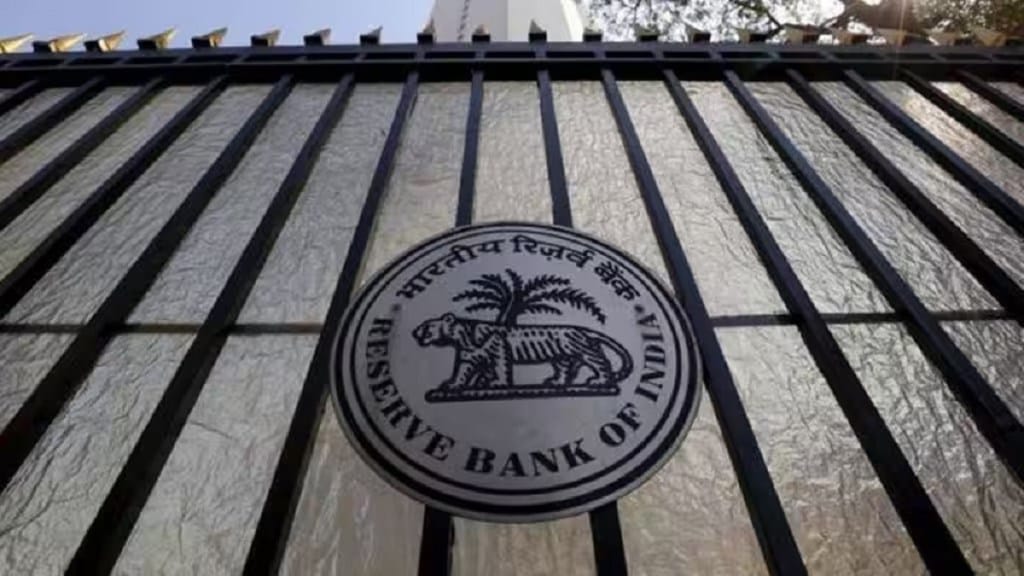The upcoming lending platform Unified Lending Interface (ULI) by the Reserve Bank of India (RBI) to enable bank credit based on alternate data has disbursed over 6 lakh loans amounting to Rs 27,000 crore under its ongoing pilot as of December 6, 2024, according to a report on banking in India by the central bank.
The ULI (earlier called Public Tech Platform for Frictionless Credit) is a digital public infrastructure in the lending space, which aims to unlock critical financial, non-financial and alternate data, for lenders to enable informed credit decisions.
Under the pilot on ULI, which commenced on August 17, 2023, 1.60 lakh MSME loans amounting to Rs 14,500 crore were also disbursed using application programming interfaces (APIs) from the platform, the RBI said in its report on Trend and Progress of Banking in India 2023-24 last week.
According to the RBI, 36 lenders including banks (public sector banks, private banks, small finance banks, district central co-operative banks, regional rural banks) and NBFCs have been onboarded on the ULI platform.
These lenders are using over 50 data services including authentication and verification services, land records data from six states, satellite service, transliteration, property search services, dairy insights and identity/ document verification, the apex bank said.
The new platform will “facilitate seamless and consent-based flow of digital information, including even land records of various states, from multiple data service providers to lenders. This cuts down the time taken for credit appraisal, especially for smaller and rural borrowers,” former RBI Governor Shaktikanta Das had highlighted at an event in August this year.
With integrating multiple data sources including Aadhaar e-KYC, PAN validation, etc., ULI looks to reduce the reliance on traditional collateral requirements and extensive documentation, which have often been barriers for MSMEs, especially in rural areas.
As more financial institutions adopt ULI in the near future, MSMEs are expected to have access to a broader range of credit products tailored to their specific needs.
Meanwhile, in June this year, the RBI updated master directions on lending to MSMEs mandating that the time taken for credit decisions for loans up to Rs 25 lakh to micro and small enterprise borrowers should not be more than 14 working days. For loans above this limit, the timelines have to as per the board-approved sanction time norms.
Outstanding credit by scheduled commercial banks to the MSME sector increased to Rs 27.25 lakh crore, accounting for 19.3 per cent of the total adjusted net bank credit (ANBC) at March-end 2024.

